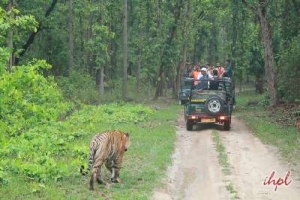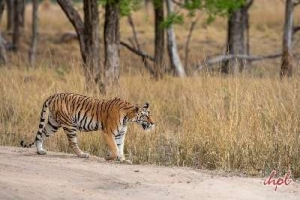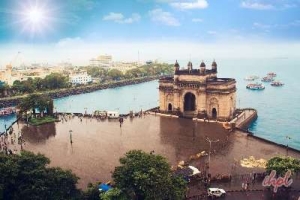Home to a significant population of royal Bengal tigers, Kanha National Park is the largest national park in Madhya Pradesh. It houses 350 species of birds and flora in the national park and also inhabits barasingha which is very close to extinction. Traversing Kanha National Park will give you glimpses of these exotic wildlife species. Jungle Safari is the best way to explore the national park and spot these species in their natural habitat. There are two types of Jungle Safari including Jeep Safari and Elephant Safari that will offer a lifetime thrilling experience. Here is the detailed information about Jungle Safari in Kanha National Park.
Jeep Safari in Kanha National Park
This is the best way to observe wildlife in Kanha National Park and traverse through dense forest. Open jeeps are available during jeep safari in Kanha for groups as well as individuals. Tourists are accompanied by experienced naturalists that help them to spot the wildlife species. There are four different safari zones at Kanha National Park for jeep safari: Kisli, Mukki, Kanha, and Sarhi.
There are two modes to book entry tickets to the national park: online and offline mode. You can book online tickets or travel through tour operators. If available, you can get the tickets from the entry gate of the national park. For a jeep safari, you have to book a separate ticket. The jeep safaris are organized twice a day at Kanha National Park, in the early morning and in the late afternoon. The 6 seater open vehicle ferries inside the national park with one driver and one naturalist. Also, a limited number of vehicles are allowed to enter the forest in each shift.
The number of vehicles permitted to enter inside the national park in each shift:
| Safari Shift/ Safari Zones | Kisli Zone | Kanha Zone | Mukki Zone | Sarhi Zone |
| Morning Safari | 18 | 40 | 40 | 27 |
| Evening Safari | 18 | 40 | 40 | 27 |
Safari Timings:
Here are the safari timings according to the different shifts and the months of the year:
| Opening & Closing Time | Morning Safari | Afternoon Safari |
| 16th October to 15the February | Sunrise to 11 AM | 2 PM to Sunset |
| 16th February to 15th April | Sunrise to 11 AM | 3 PM to Sunset |
| 16th April to 30th June | Sunrise to 10 AM | 3 PM to Sunset |
Note: Evening Shift remains closed on every Wednesday.
Elephant Safari in Kanha National Park
The landscape of Kanha National Park is blessed with lush greenery and thick majestic Sal. The dense bamboo trees and grasslands in the Maikal range of Saputara make it favorable for providing habitat to wildlife species. To explore this kind of landscape and to spot animals closely, an elephant safari in Kanha National Park is the best way. You can enjoy the panoramic view of the whole surroundings. Also, you can catch glimpses of the royal Bengal tiger and Barasingha.
Elephant Safari in Kanha is the most adventurous thing to do in the national park and the star attraction of the Kanha trip. The elephant safari in Kanha ensures a safe and hassle-free journey to the wildlife in the serene jungle. There are some places in the national park that are not accessible by jeep but are connected with the elephants. It is possible only during the morning hours and four people are allowed on the back of the elephant at a time. Elephant Safari is of 10 to 15 minutes and for a full-day safari, you have to book it in advance as slots are limited
Tips for Jungle Safari in Kanha National Park
- Maintain a safe distance from the animals and stay silent. Don’t disturb them by talking loudly or making noises.
- Keep seated in your vehicle at any point in the park it is dangerous to get down. This is for your own safety.
- There are many interesting animals and birds in the national park that are to be seen and cherished.
- Do not litter. Keep the park pollution-free. While inside the park please put your non-biodegradable litter into the bag provided and dispose of it on your way out.
- It is advisable to hire Nature Guides during the exploration tour of the national park. They are trained and are of great help to you in spotting wildlife and ensuring that you do not lose your way in the forest.
- Do not smoke or light campfires in the forest as accidental fires can destroy the natural habitat of the wildlife species.
Kanha Tour Packages
List Of Popular Wildlife Sanctuaries In North India
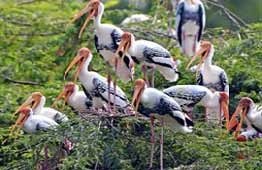 Bharatpur Bird Sanctuary
Bharatpur Bird Sanctuary 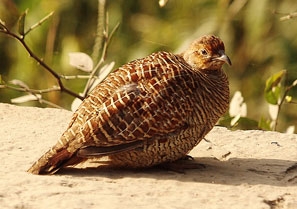 Sariska Wildlife Sanctuary
Sariska Wildlife Sanctuary 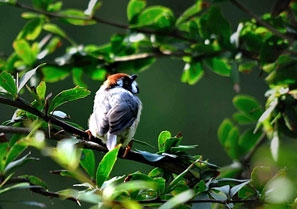 Chail Wildlife Sanctuary
Chail Wildlife Sanctuary 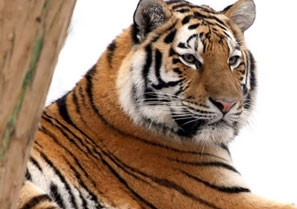 Darrah Wildlife Sanctuary
Darrah Wildlife Sanctuary 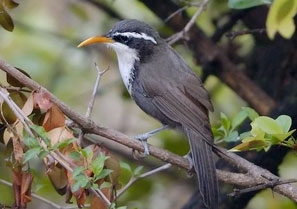 Mount Abu Wildlife Sanctuary
Mount Abu Wildlife Sanctuary 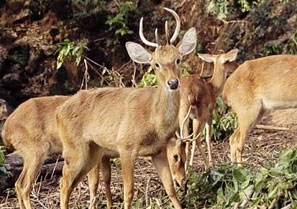 Churdhar Wildlife Sanctuary
Churdhar Wildlife Sanctuary 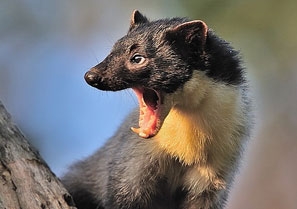 Daranghati Wildlife Sanctuary
Daranghati Wildlife Sanctuary 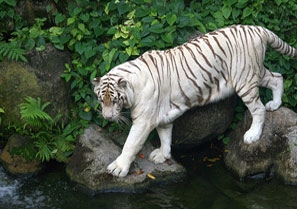 Kalatop Khajjiar Sanctuary
Kalatop Khajjiar Sanctuary 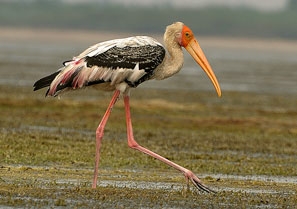 Kanwar Wildlife Sanctuary
Kanwar Wildlife Sanctuary  Maharana Pratap Sagar
Maharana Pratap Sagar 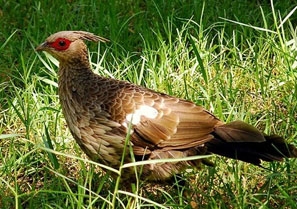 Majathal Sanctuary
Majathal Sanctuary 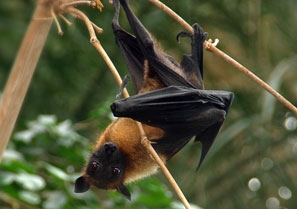 Manali Sanctuary
Manali Sanctuary 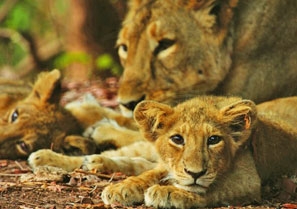 Renuka Sanctuary
Renuka Sanctuary 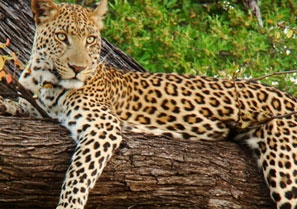 Simbalbara Wildlife Sanctuary
Simbalbara Wildlife Sanctuary 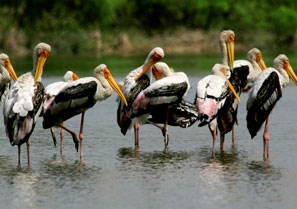 Asan Barrage Uttarakhand
Asan Barrage Uttarakhand 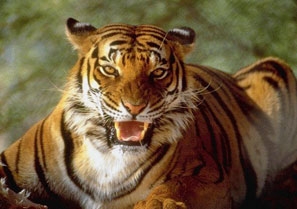 Bandli Sanctuary
Bandli Sanctuary 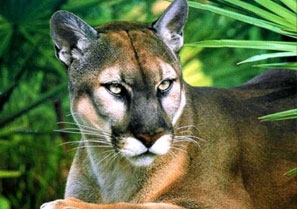 Chandra Prabha Sanctuary
Chandra Prabha Sanctuary 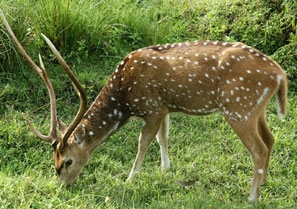 Jasrota Wildlife Sanctuary
Jasrota Wildlife Sanctuary 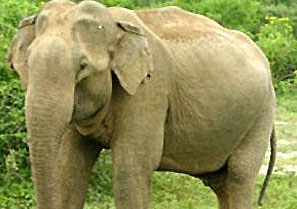 Kaimoor Wildlife Sanctuary
Kaimoor Wildlife Sanctuary 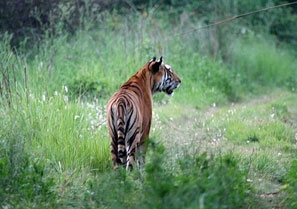 Katrnighat Wildlife Sanctuary
Katrnighat Wildlife Sanctuary 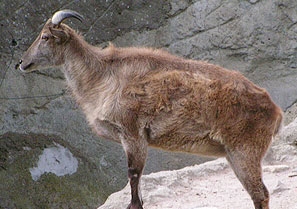 Kedarnath Sanctuary Uttrakhand
Kedarnath Sanctuary Uttrakhand 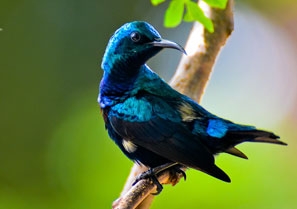 Mahavir Sanctuary
Mahavir Sanctuary 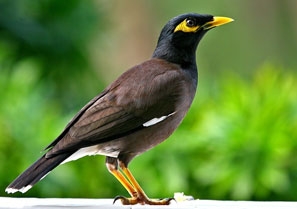 Surinsar Mansar
Surinsar Mansar 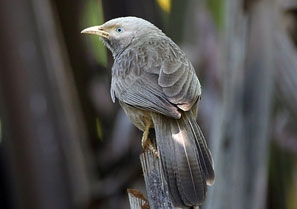 Nandini Wildlife Sanctuary
Nandini Wildlife Sanctuary 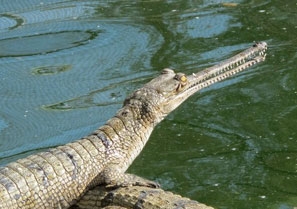 National Chambal Sanctuary
National Chambal Sanctuary 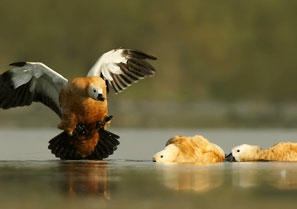 Overa Wildlife Sanctuary
Overa Wildlife Sanctuary 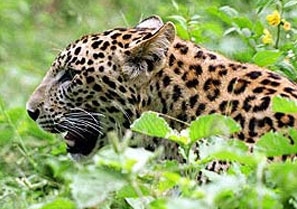 Ranipur Sanctuary
Ranipur Sanctuary 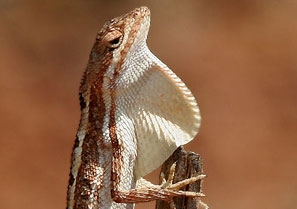 Ram Nagar Wild Life Sanctuary
Ram Nagar Wild Life Sanctuary 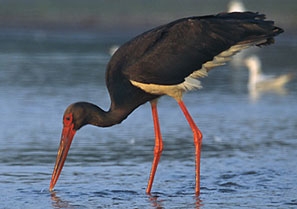 Pong Lake Wildlife Sanctuary
Pong Lake Wildlife Sanctuary 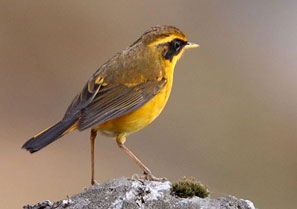 Ascot Sanctuary
Ascot Sanctuary 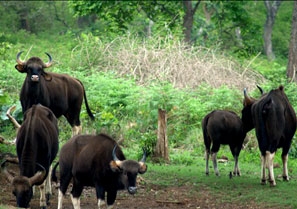 Nature Park Kufri Sanctuary
Nature Park Kufri Sanctuary 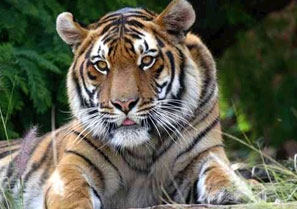 Nature Park Manali
Nature Park Manali 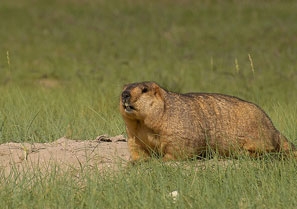 Changthang Wildlife Sanctuary
Changthang Wildlife Sanctuary



